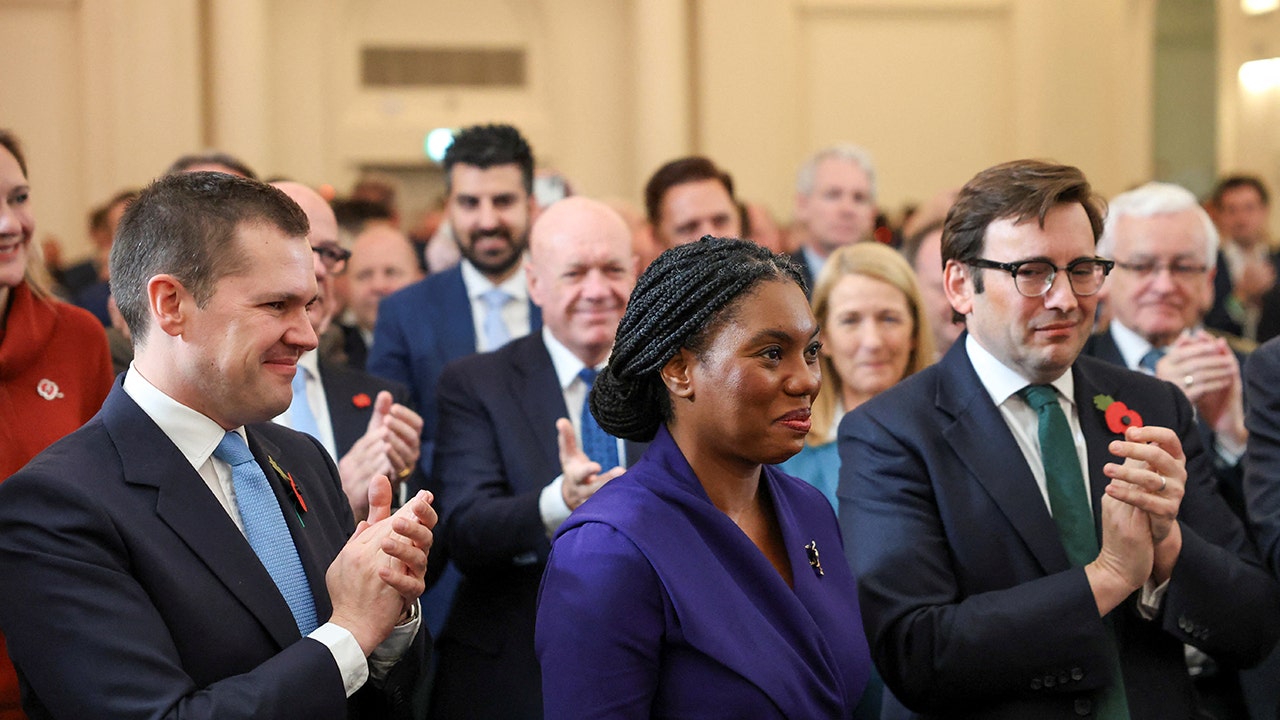(Analysis) Chancellor Olaf Scholz announced early elections in Germany after dismissing Finance Minister Christian Lindner. The move led to the collapse of the ruling coalition. Scholz’s decision came after months of disagreements over economic policies and budget issues.
The government faces mounting criticism as Germany’s economy continues to falter, with projections now indicating a contraction in 2024. This marks a stark reversal from earlier optimistic forecasts and highlights the deep-seated challenges plaguing Europe’s largest economy.
The German Economy Ministry recently slashed its 2024 growth forecast, now predicting a 0.2% contraction instead of the previously anticipated 0.3% expansion. This downward revision makes Germany the only G7 nation expected to shrink in 2024, following a 0.3% decline in 2023.
At the heart of Germany’s economic woes lies a self-inflicted energy crisis. The Scholz government, under pressure from the United States, made the fateful decision to sever ties with Russia, its long-standing and reliable energy supplier. This move effectively dismantled the foundation of Germany’s manufacturing prowess, which had long relied on cheap Russian gas.
 German Chancellor Calls Snap Election as Coalition Crumbles And Economy Falters. (Photo Internet reproduction)
German Chancellor Calls Snap Election as Coalition Crumbles And Economy Falters. (Photo Internet reproduction)German Chancellor Calls Snap Election as Coalition Crumbles And Economy Falters
Prior to the Ukraine conflict, Russia supplied 55% of Germany’s natural gas imports. This abundant, low-cost energy source had been a crucial factor in Germany’s industrial competitiveness. However, in an attempt to align with U.S. foreign policy objectives and unable to stand against international sanction pressures, the Scholz administration sacrificed this vital economic lifeline.
The same U.S. now takes advantage of the German crisis by supplying expensive LNG gas from their shores at an exponentially higher price. U.S. LNG exports to Europe have more than doubled, with prices nearly four times higher than those in the U.S. market, leading to significant economic strain on German industries and consumers.
However, the same U.S. now takes advantage of the German crisis by supplying expensive LNG gas from their shores at an exponentially higher price. U.S. LNG exports to Europe have more than doubled, with prices nearly four times higher than those in the U.S. market, leading to significant economic strain on German industries and consumers.
The consequences of this decision have been severe. German industry, once the powerhouse of Europe, now struggles with skyrocketing energy costs. The Manufacturing Purchasing Managers’ Index (PMI) plummeted to 40.6 in September 2024, marking the 27th consecutive month of contraction. This persistent decline in industrial activity is unprecedented in recent decades and reflects deep-rooted competitiveness issues.
The automotive sector, a cornerstone of German industry, is particularly hard hit. Volkswagen, Europe’s largest automaker, recently announced potential factory closures in Germany, while BMW and Mercedes-Benz have lowered their outlooks due to falling demand and rising production costs.
Public dissatisfaction with the Scholz government has reached new lows. A recent Deutschlandtrend survey revealed that only 19% of respondents were “very satisfied” or “satisfied” with the government’s performance – the lowest approval rating since the coalition took office in December 2021.
Understanding Geopolitics
The government’s attempts to diversify energy sources have proven inadequate and costly. Efforts to import liquefied natural gas (LNG) from other countries, including the United States, have resulted in significantly higher energy prices, further eroding Germany’s industrial competitiveness.
Critics argue that the Scholz administration’s decision to align so closely with U.S. interests at the expense of its own economic stability was short-sighted and naive. The loss of affordable Russian gas has exposed the fragility of Germany’s energy policy and the dangers of prioritizing geopolitical alliances over economic pragmatism.
As Germany grapples with these multifaceted challenges, the Scholz government appears increasingly out of its depth. Its inability to formulate and implement effective economic policies has left the country vulnerable to global economic headwinds and internal structural weaknesses.
Without a dramatic shift in approach and more competent leadership, Germany risks prolonged economic stagnation and a further erosion of its competitive position on the world stage.
German Chancellor Calls Snap Election as Coalition Crumbles And Economy Falters

 By The Rio Times | Created at 2024-11-07 14:12:59 | Updated at 2024-11-07 16:45:49
2 hours ago
By The Rio Times | Created at 2024-11-07 14:12:59 | Updated at 2024-11-07 16:45:49
2 hours ago







